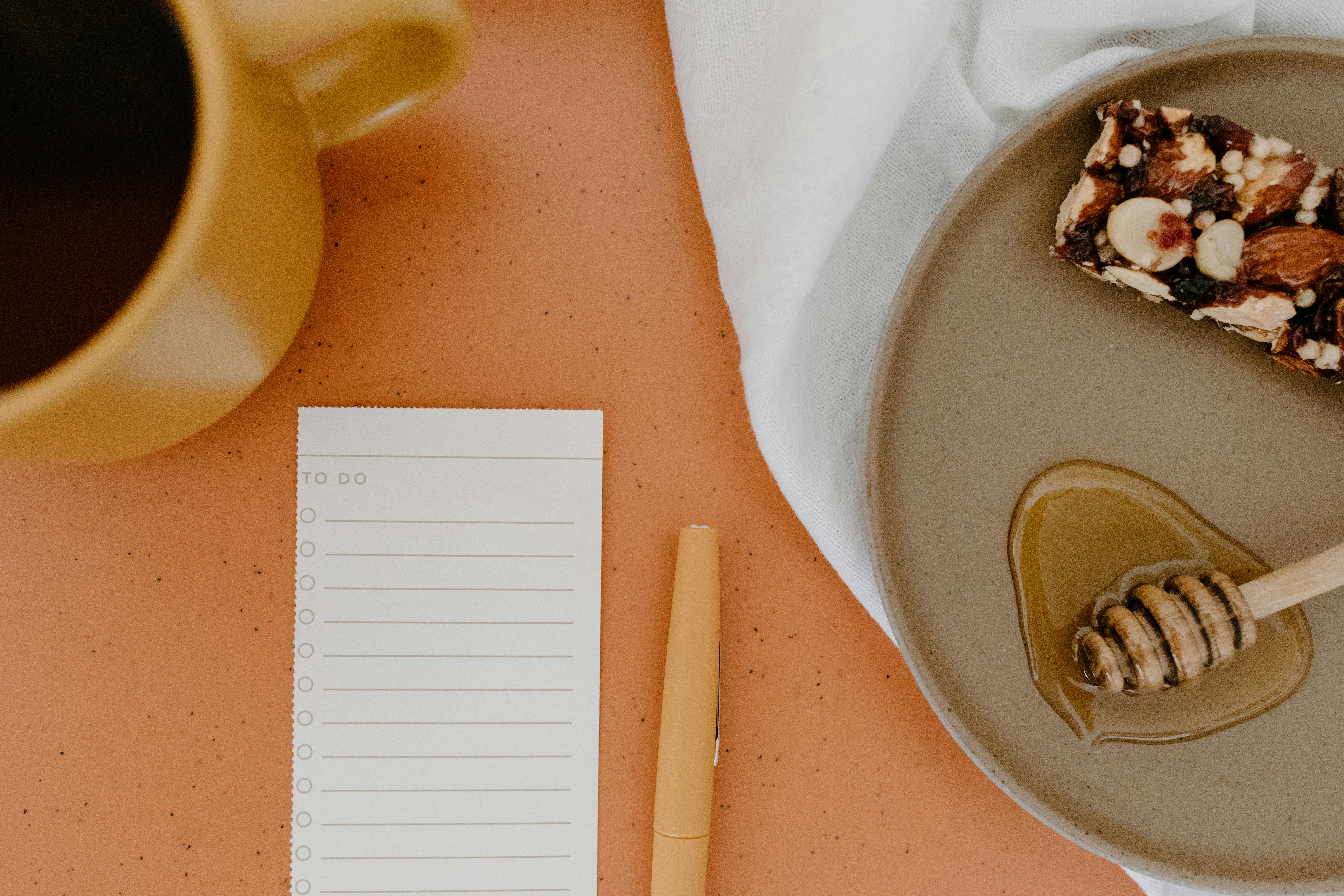Do teas have carbs? This is a common question among health-conscious individuals who are looking for ways to reduce their carbohydrate intake. The answer depends on the type of tea and preparation method. While some teas contain trace amounts of carbohydrates, many popular teas do not contain any significant amount of carbohydrates. In this article, we will explore which teas contain carbs and which don’t, as well as discuss the potential health benefits associated with drinking tea.Carbohydrates (or carbs) are molecules made up of carbon, hydrogen and oxygen atoms. They are found in many foods, including tea. Carbs provide the body with energy and can be broken down into two main types: simple and complex carbohydrates. Simple carbohydrates are made up of one or two sugar molecules and include items such as white sugar, honey, syrup and other sugary foods. Complex carbohydrates have a longer chain of sugar molecules and include items such as potatoes, cereals, rice and breads.
Carbs play an important role in the flavor of tea. When added to tea, simple carbs like sugar or honey sweeten the tea flavor while complex carbs can add creaminess or a nutty flavor. In addition, adding carbs to hot tea can help to release more of the natural flavor compounds from the leaves. However, too much sugar or honey can overpower the taste of a tea blend so it is important to find the right balance when adding carbs to your cup.
What Types of Tea Have Carbs?
Tea is a popular beverage around the world, and it contains many health benefits. However, not all types of tea are created equal when it comes to carbohydrates. Some teas have more carbs than others, so it is important to understand what types of tea have carbs before drinking them.
Most types of black tea contain small amounts of carbohydrates, usually no more than 5 grams per cup. This makes black tea a great choice for those looking to minimize their carb intake. Green tea also has very few carbs, usually no more than 4 grams per cup.
Herbal teas such as chamomile, peppermint, and rooibos do not contain any carbs at all because they are not derived from the Camellia sinensis plant. This makes them an excellent option for those looking to reduce their carb intake or follow a low-carb diet.
Flavored teas can be high in carbohydrates since they often contain added sugar or fruit juice concentrate for sweetness. If you’re looking for a low-carb alternative, try plain herbal teas like chamomile or peppermint instead. Some brands also offer flavored teas that are artificially sweetened with sugar substitutes like stevia or monk fruit extract that won’t add extra carbs to your diet.
To sum up, most types of black and green tea have very few carbs per cup while herbal teas have zero carbs at all. Flavored teas can be high in carbohydrates due to added sugars but there are alternatives available that use sugar substitutes instead that won’t add extra carbs to your diet.
Is Tea High in Carbs?
Tea is a popular beverage enjoyed by people around the world. It has many health benefits, but one of the questions that many people have is whether tea contains carbohydrates. The answer is that it depends on the type of tea and how it is prepared.
Black tea, green tea, white tea and oolong tea are all made from a plant called Camellia sinensis. This plant contains no carbohydrates, so these types of teas do not contain any carbs on their own. However, they can become high in carbohydrates if you add sugar or other sweeteners to them. If you are trying to watch your carbohydrate intake, it’s best to drink your tea plain or with a sugar substitute like stevia or monk fruit extract.
Herbal teas are made from herbs and spices and don’t contain any carbs on their own either. However, if you add sugar or honey to them then they can become high in carbs as well.
Chai teas are usually made with black tea and spices like cinnamon, cardamom and ginger. They typically contain some added sugar or honey which makes them higher in carbohydrates than other types of teas.
In conclusion, most types of tea contain no carbohydrates but can become high in carbs if you add sweeteners like honey or sugar to them. If you’re trying to watch your carbohydrate intake then it’s best to drink your tea plain or with a sugar substitute like stevia or monk fruit extract.
What Causes the Carbs in Tea?
Tea, like many other natural beverages, naturally contains carbohydrates. The primary source of these carbs is sugar, which is found naturally in tea leaves. Additionally, some tea varieties may contain added sweeteners or syrups that contribute to the carbohydrate content. It is important to note that not all teas contain carbohydrates; some are made without any added sugars or sweeteners.
The amount of carbohydrates in a cup of tea can vary greatly depending on the type and brand of tea being consumed. Black tea, for example, contains more carbohydrates than green tea due to its oxidation process. Additionally, herbal teas tend to contain fewer carbs than other types because they are made from dried herbs and spices without any added sweeteners or syrups.
It is also important to note that some teas can be brewed with milk or cream, which will add more carbohydrates to the beverage. For those looking to limit their carb intake, it is best to opt for unsweetened varieties and avoid adding milk or cream when brewing the tea.
Do All Teas Have Carbs?
Yes, all teas contain some degree of carbohydrates. However, the amount of carbs in tea varies greatly depending on the type of tea and the method of preparation. For instance, a cup of green tea brewed from loose-leaf tea leaves will have fewer carbohydrates than a cup prepared with a teabag. Generally speaking, many varieties of plain black, green, oolong, and white teas contain less than 5g of carbohydrates per cup when brewed without any added sweeteners or milk. Herbal teas generally contain no carbohydrates due to their lack of caffeine and other plant-based components.
To make a low-carb tea, choose one made from high-quality loose leaves or prepare it with boiling water only without adding any milk or sweeteners. If you are looking to add some sweetness to your cup without having to use sugar or artificial sweeteners, you can add small amounts of natural sweeteners such as honey or stevia to your cup.

Does Green Tea Have Carbs?
Green tea is known for its many health benefits, including being a weight-loss aid and having anti-inflammatory properties. But does green tea contain carbohydrates? The answer is yes, green tea does have carbs.
Green tea contains small amounts of carbohydrates in the form of dietary fiber and sugar. The exact amount of carbs in green tea varies depending on the type of tea and how it’s prepared. For example, matcha green tea powder has more carbs than brewed green tea.
One cup (240 milliliters) of brewed unsweetened green tea has about 0.48 grams (g) of carbs, according to the USDA Nutrient Database. This amount includes 0.27 g of dietary fiber and 0.22 g of sugar per cup. Drinking one cup of unsweetened brewed green tea isn’t likely to affect your blood sugar levels significantly unless you drink several cups throughout the day.
It’s important to note that adding milk or sweeteners such as honey or sugar to your green tea will increase the carb content considerably — up to 11–12 g per cup, depending on how much sweetener you add. Therefore, choosing unsweetened options with no added milk is best if you’re looking for a low-carb beverage option.
Does Black Tea Have Carbs?
Black tea is made from the leaves of the Camellia sinensis plant, and it contains very few carbohydrates. The amount of carbohydrates in black tea is typically between 0 and 0.5 grams per cup, which is extremely low. While some people do add sugar or sweeteners to their cups of black tea, it does not contain enough carbohydrates to affect blood sugar levels significantly.
Most of the calories in a cup of black tea come from its trace amounts of protein and fat instead. There are approximately 2-4 calories per cup of black tea, making it a very low-calorie beverage overall. Adding milk or cream can increase the calorie count slightly, but not by much.
Some types of black teas may contain higher amounts of carbohydrates due to the addition of sweeteners or flavorings, so be sure to read labels carefully before purchasing. For example, spiced chai teas may have up to 5 grams of carbs per cup due to added spices and sweeteners like honey or sugar.
In conclusion, plain black tea is a very low-carb drink that can easily fit into most low-carb diets without problem. However, some flavored versions may contain more carbohydrates than expected due to added sweeteners and flavorings, so be sure to read labels carefully before drinking them.
Does White Tea Have Carbs?
White tea is a type of lightly oxidized tea made from the new growth buds and leaves of the Camellia sinensis plant. It is generally considered to be one of the least processed teas, making it a popular choice among health-conscious people. But does white tea have carbs?
The answer to this question is yes. White tea does contain some carbohydrates, although the exact amount varies depending on the specific type of white tea you are drinking. For example, one cup of brewed white peony tea contains approximately 8 grams of carbohydrates. On the other hand, one cup of brewed silver needle white tea contains about 12 grams of carbohydrates.
In addition to carbohydrates, white tea also contains other essential nutrients such as protein, dietary fiber, and various vitamins and minerals. One cup of brewed white peony tea contains about 1 gram of protein, 1 gram of dietary fiber, and small amounts of various vitamins and minerals such as calcium and iron. While these amounts are relatively low compared to other types of beverages or foods, they can still make a difference in your overall diet if consumed regularly.
Overall, while white tea does contain some carbohydrates, it is still considered to be a low-calorie beverage that can provide many health benefits when consumed in moderation. Additionally, it also contains other essential nutrients that can contribute to your overall health and wellbeing when consumed on a regular basis.

Conclusion
In conclusion, there are many different types of teas, all of which can provide a variety of health benefits. As far as carbs are concerned, most teas contain very little to no carbohydrates. The exception is when they are flavored with added ingredients such as honey or milk. In these cases, more carbohydrates may be present. If you are trying to limit your carb intake, it is important to read the label carefully or make your own tea at home.
Overall, teas can be a great way to supplement your diet with antioxidants and other beneficial compounds without having to worry about consuming too many carbohydrates. They may even provide additional health benefits depending on the type you choose. With so many options available, there is sure to be an ideal tea for everyone.
